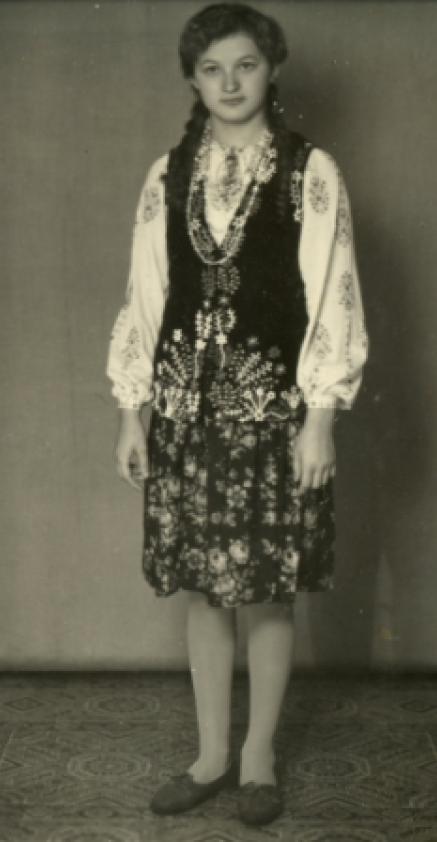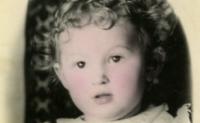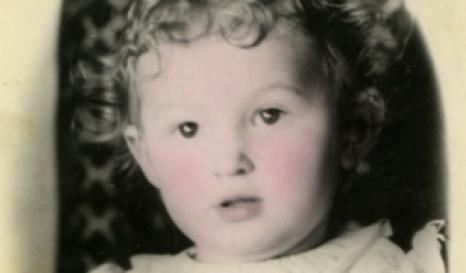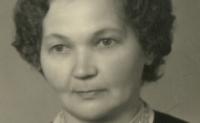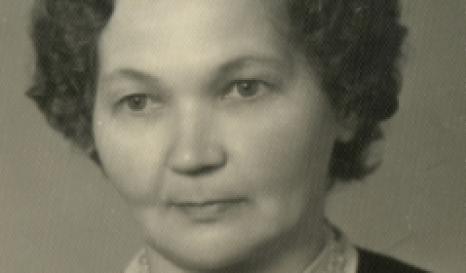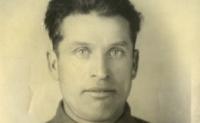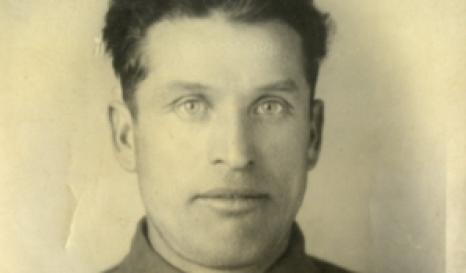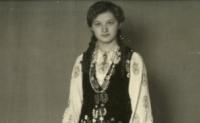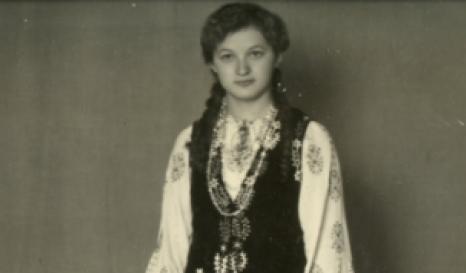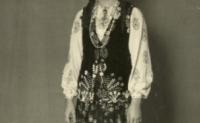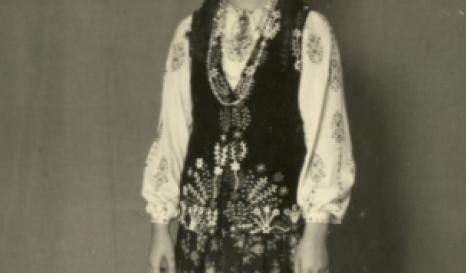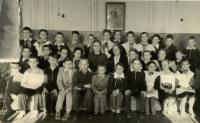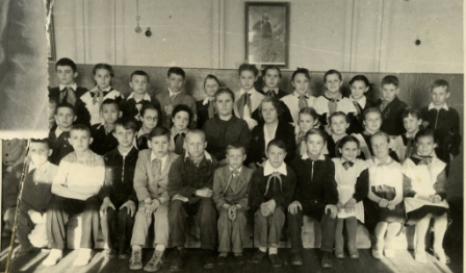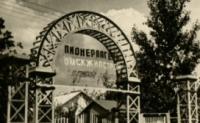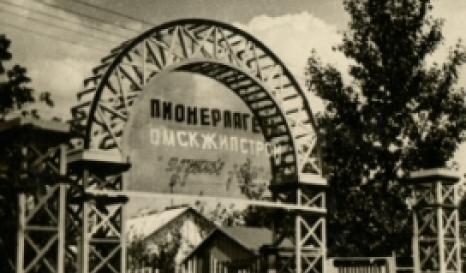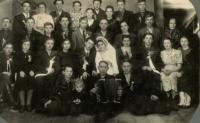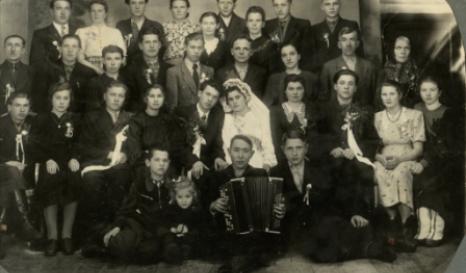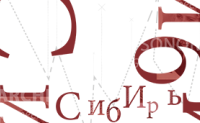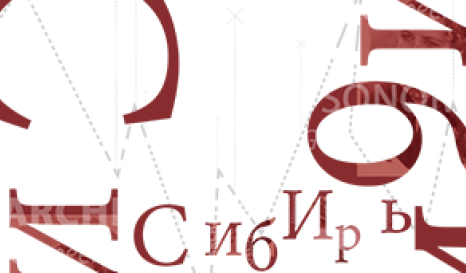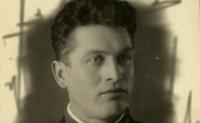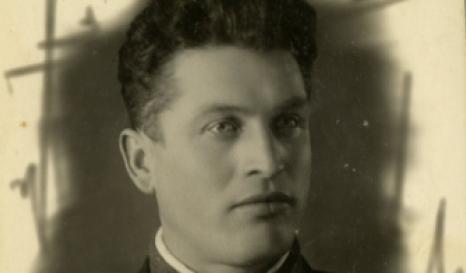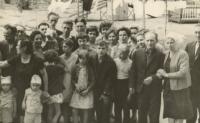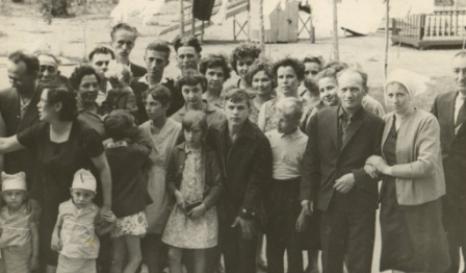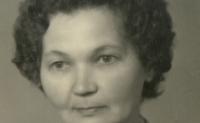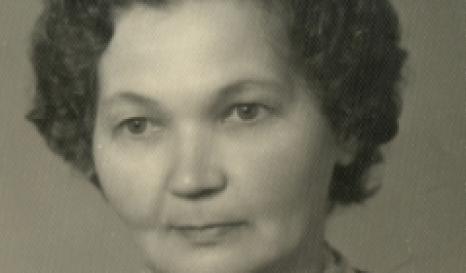BioGraphy
Nadezhda TUTIK
Nadezhda Tutik was born in deportation in Omsk, in 1950. Her father, who came from a well-off family, was arrested in Lviv in 1947, three days after his marriage.. He was deported to Omsk, where he was joined by his wife in 1949. In 1953, Nadezhda's sister was born in the barrack where the family lived.
During her childhood in Siberia, Nadezhda's parents, very patriotic, instilled in her the love of Ukraine. From 1957 on, the family is sometimes allowed to spend vacations in Ukraine. Nadezhda went to school in Omsk, became a pioneer and took music lessons. She then became a komsomole and was allowed to study medicine in Omsk.
After the easing of the control measures over deportees, Nadezhda's father began proceedings to be rehabilitated and to recover his property. He obtained compensation and a certificate of rehabilitation, which allowed the family to return to Lviv in 1969. Nadezhda learned Ukrainian and finished her studies in Lviv. She later began a career as a children's doctor.
In 2009, Nadezhda Tutik still lived in Lviv and was a member of an association of former deportees.
The interview with Nadezhda Tutik was conducted in 2009 by Marc Elie and Marta Craveri.


